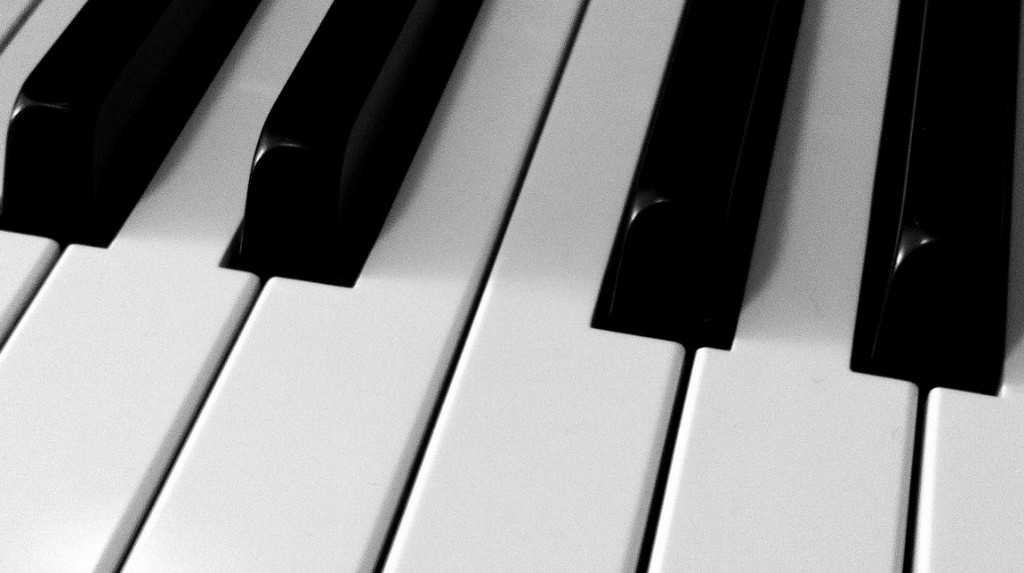
Frida Kahlo’s “Henry Ford Hospital” (Credit: flickr/libby rosof)
By Miriam Jameson

Almost two years ago, I was at my doctor’s office, receiving some of the worst news of my life. I don’t remember what the room looked like, what the doctor was wearing, or where I was seated.
I remember that I wanted to scream after the doctor told me: “This happens to 1 in 4 pregnancies — it is very common — and I am so sorry.”
I remember how this made me feel — like a statistic.
I remember feeling like I didn’t have the right to cry.
It was a moment I’ll never forget.
***
In May of this year, I sat at the piano, unsure of what was about to happen. As a songwriter, I don’t plan ahead, or indeed “compose” in the conventional way; instead, I prefer to create improvisational music as I’m moved to do so. This is not how most create, but it’s the only way I know how — to take the authenticity of a moment and hit record.
That day, confused as to why I was feeling so heavy with emotion, I had a vision. In my mind, I was rocking the baby we’d lost, filled with the entirety of a mother’s love. It was from this emotion, this image, that I began to record “Baby J.”
Art has long been used as a tool to process grief, and through that, to create something beautiful; it’s an extraordinary transformation, and a deeply powerful one. As The New York Times put it in a story on artistic creation post-9/11, “Artists have always combated grave tragedy with grave beauty.”
Miscarriage grief can be particularly profound; our national discourse on the topic is so limited that many who have experienced it feel they must bear the burden alone, in silence, which makes the act of artistic expression all the more impactful.
Frida Kahlo began painting in large part as a response to her own miscarriage; in paintings, the surreal aspect of losing a child manifested itself in her signature style — as in the painting “Henry Ford Hospital,” containing a red baby floating above her hospital bed and naked body, connected by rope. Countless other paintings, murals, and photo collections, as well as films, have been created in response to pregnancy loss.

And of course, music has long been a medium that those grieving have turned to — from Lily Allen in “Something’s Not Right” (“We had forever/We never got it together/I waited for you/For you I made it better”) to Hillary Scott in “The Will” (“I may never understand/That a broken heart is a part of your plan”).
Beyonce has spoken candidly about how pregnancy loss inspired her song “Heartbeat,” in which she sings, unaccompanied, “You took the life right out of me/I’m longing for your heartbeat.”
My own song has no lyrics, instead expressing the pain of miscarriage through a short, simple melody alone. But in all these acts of creation, there is a connecting motivation: using art to express something that often feels like it can’t possibly be expressed.
The most beautiful thing about sharing “Baby J” is that it’s not about me. It may be my feelings in the recording, but I am the “every woman.” Because whether you have five children, no children, don’t want children, or have left it for the future to decide — you may have experienced loss. And that loss cuts to the center of who we are as women.
I invite you to listen. And if you’re so inclined, I encourage you, in moments of grief, to create.
***
Just three months after writing my song, I learned about something I had been oblivious to my entire life: October is National Infant & Pregnancy Loss Awareness Month. Upon learning this, I sent out a flurry of emails — to bloggers, to organizations — in the hopes of collaborating to assist in their efforts, engender a more open conversation, and encourage creative works as a way to inspire healing.
As timing would have it, I connected with the executive director at First Candle, a nonprofit devoted to providing support and free grief counseling to those who have lost a child. For the month of October and in honor of National Infant & Pregnancy Loss Awareness Month, 50% of proceeds from “Baby J” on iTunes will go directly to First Candle.
***
Lead image: flickr/Martin Howard

